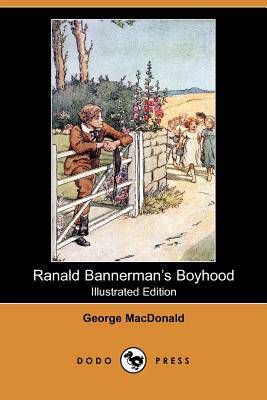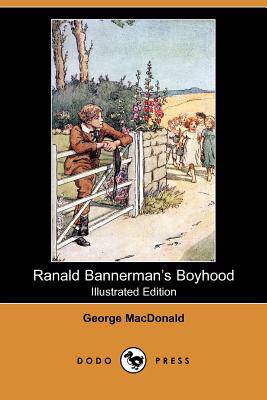
- Afhalen na 1 uur in een winkel met voorraad
- Gratis thuislevering in België vanaf € 30
- Ruim aanbod met 7 miljoen producten
- Afhalen na 1 uur in een winkel met voorraad
- Gratis thuislevering in België vanaf € 30
- Ruim aanbod met 7 miljoen producten
Zoeken
€ 12,95
+ 25 punten
Omschrijving
George MacDonald (1824-1905) was a Scottish author, poet, and Christian minister. Though no longer a household name, his works (particularly his fairy tales and fantasy novels) have inspired deep admiration in such notables as W. H. Auden, J. R. R. Tolkien, and Madeleine L'Engle. C. S. Lewis wrote that he regarded MacDonald as his "master". Even Mark Twain, who initially despised MacDonald, became friends with him. MacDonald grew up influenced by his Congregational Church, with an atmosphere of Calvinism. But MacDonald never felt comfortable with some aspects of Calvinist doctrine. Later novels, such as Robert Falconer (1868) and Lilith (1895), show a distaste for the Calvinist idea that God's electing love is limited to some and denied to others. Especially in his Unspoken Sermons (1867-89) he shows a highly developed theology. His best-known works are Phantastes (1858), At the Back of the North Wind (1871) and The Princess and the Goblin (1872), all fantasy novels, and fairy tales such as - The Light Princess (1867), The Golden Key (1867), and The Wise Woman (1875).
Specificaties
Betrokkenen
- Auteur(s):
- Illustrator(s):
- Uitgeverij:
Inhoud
- Aantal bladzijden:
- 256
- Taal:
- Engels
Eigenschappen
- Productcode (EAN):
- 9781406530179
- Verschijningsdatum:
- 22/06/2007
- Uitvoering:
- Paperback
- Formaat:
- Trade paperback (VS)
- Afmetingen:
- 152 mm x 229 mm
- Gewicht:
- 381 g

Alleen bij Standaard Boekhandel
+ 25 punten op je klantenkaart van Standaard Boekhandel
Beoordelingen
We publiceren alleen reviews die voldoen aan de voorwaarden voor reviews. Bekijk onze voorwaarden voor reviews.











